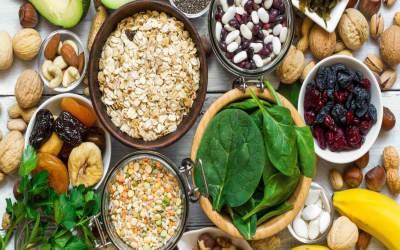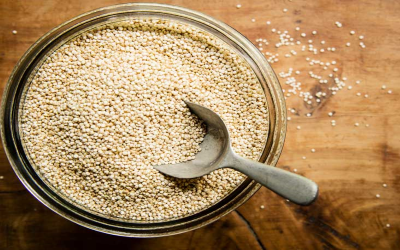Use these salt substitutes

Salt is much needed in our food, its excessive consumption may increase the risk of cardiovascular diseases like hypertension. Also, excess salt intake has been linked to high blood pressure. Consuming too many salty snacks and other high-salt foods can contribute to high cholesterol levels. Most types of potato chips, corn chips, ham, and processed […]
Dietary fat and diabetes relationship

Total fat and saturated and monounsaturated fatty acid intakes are not associated with risk of type 2 diabetes, but that trans fatty acids found in processed foods increase and polyunsaturated fatty acids found in flax seeds, fish, seeds, soybean, nuts reduce risk. Substituting nonhydrogenated polyunsaturated fatty acids for trans fatty acids that are found in […]
Egg intake and diabetes

Eggs are a versatile food and a great source of protein. The American Diabetes Association considers eggs an excellent choice for people with diabetes. That’s primarily because one large egg contains about half a gram of carbohydrates, so it’s thought that they aren’t going to raise your blood sugar. Eggs are high in cholesterol. One […]
Chromium and magnesium to reduce diabetes

High blood sugar levels and diabetes have also been linked to micronutrient deficiencies. Examples include deficiencies in the minerals chromium and magnesium. Chromium is involved in carb and fat metabolism. It also helps regulate blood sugar levels. A lack of chromium may predispose you to carb intolerance. Chromium-rich foods include- meats, whole grain products, fruit […]
Quinoa for diabetes

Quinoa is an excellent item to control your blood sugar. Whole grain with a low glycemic index to support even blood sugar, is packed with protein, fibre, vitamins, minerals, and phytochemicals. Quinoa is easy to cook and flavorful, and you can incorporate as replacement for other foods high in carbohydrates, such as white rice, pasta, […]


